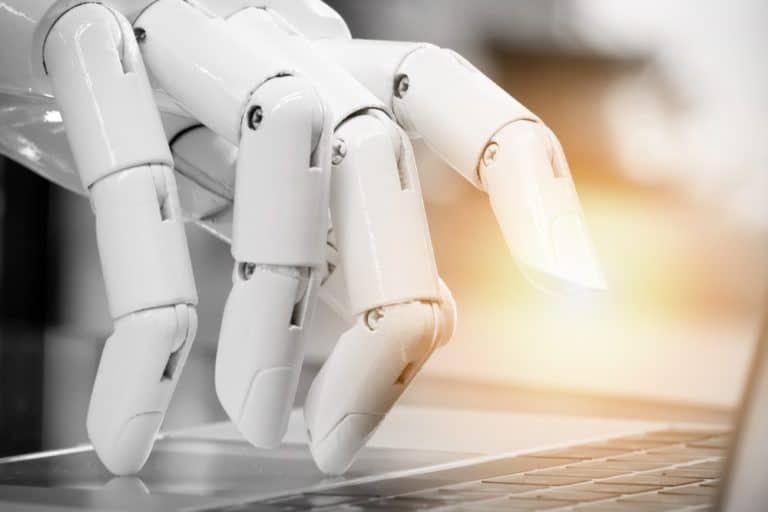Amazon Web Services is rolling out a new cloud service aimed at helping developers build, test and deploy intelligent applications for robotics. The cloud giant states that the new AWS RoboMaker works alongside the open-source Robot Operating System.
To make this possible, the Robot Operating System framework has been extended to include AWS services for machine learning, management and analytics. The idea is to provide developers with a centralized development environment in the cloud. There they can build applications for robotics, test them in a simulator and roll them out directly to their robots. The service also includes lifecycle management and OTA updates with built-in robot registry, security and fault-tolerance.
More time for innovation
During conversations with customers, we continuously saw the same pattern, according to Roger Barga, the general manager of RoboMaker in a press release. According to Barga, customers have spent a long time setting up an infrastructure and developing software for the various stages of robotics development. In doing so, they often repeat work that others have already done, which also means that there is less time for innovation.
RoboMaker also offers cloud extensions for Amazon Kinesis Video Streams, Amazon Recognition for image analysis, Amazon Lex for voice recognition, Amazon Polly for voice generation and Amazon CloudWatch for logging and monitoring. AWS RoboMaker offers pre-engineered functionality to support robotics developers throughout the project.
According to Barga, thanks to AWS technology, it is much easier to build robots, simulate performance in different environments, come up with new versions faster and innovate faster. NASAs Jet Propulsion Laboratory and Stanley Black and Decker are, according to Amazon, already customers of RoboMaker and use the system to develop room heaters and drones for industrial inspections.
AWS RoboMaker is already available in a number of AWS regions: US East, US West and EU (Ireland). The intention is to expand into more areas next year.
This news article was automatically translated from Dutch to give Techzine.eu a head start. All news articles after September 1, 2019 are written in native English and NOT translated. All our background stories are written in native English as well. For more information read our launch article.